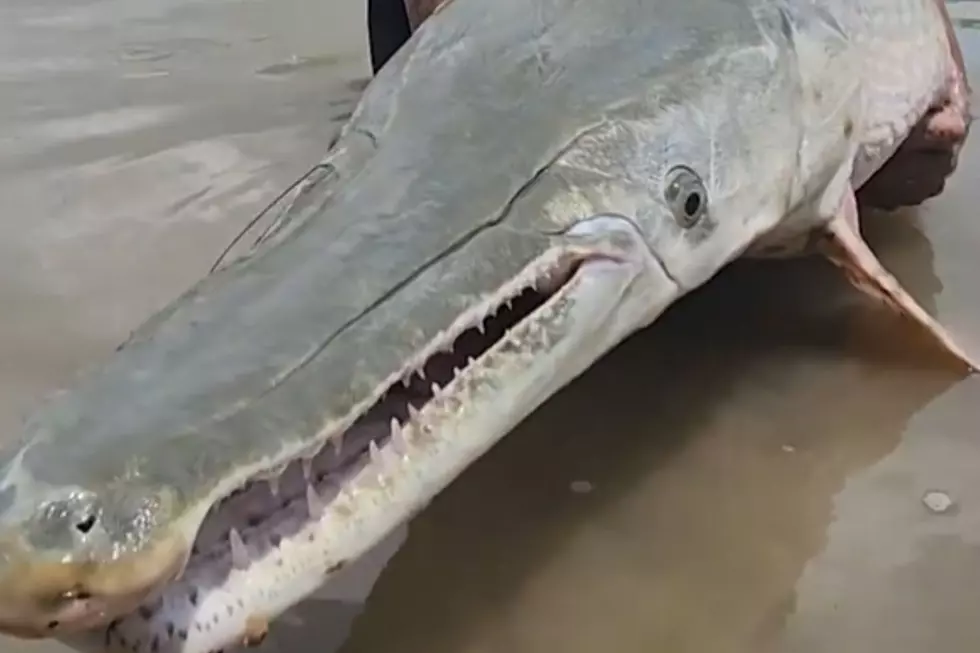
Chagas Disease in West Texas — What You Need to Know
There has been a lot of information circulating about a type of beetle known as the “kissing bug” that can infect you with a deadly South American parasite and cause a disease known as Chagas.
Here's what you need to know about Chagas and how it affects Texas.
Chagas is a disease caused by a protozoan parasite; it is transmitted to humans via bites from a small beetle known as the “kissing bug” and has typically been confined to South America with increasing instances in North America centered in Texas and other southern states. One major threat Chagas poses is transmission. It can be passed via blood transfusions, organ donations and even childbirth, all while the donor is often unaware they are carrying the disease.
The disease presents itself in two phases, initial and chronic. The initial phase comes shortly after a bite from the kissing bug and can last for up to two months with symptoms like, “skin lesion or a purplish swelling of the lids of one eye… fever, headache, enlarged lymph glands, pallor, muscle pain, difficulty in breathing, swelling and abdominal or chest pain,” according to the World Health Organization.
The second, chronic phase, the parasite embeds itself largely within the heart and digestive muscles and can cause heart disease or digestive issues; years without treatment can lead to sudden heart failure.
Chagas is treatable, but is best treated when caught early. The CDC reports medication for Chagas is only available through CDC themselves.
Researchers at the University of Texas El Paso set traps in Hudspeth County for kissing bugs and found 61 percent of the captured beetles infected with the parasite.
“Doctors usually don’t consider Chagas disease when they diagnose patients, so they need to be aware of its prevalence here,” said Associate Professor of Biological Sciences Dr. Rosa Maldonado, who led the study.
Maldonado also stressed the importance of checking your property to minimize chances of young children or pets becoming infected.
Chagas has found its way into West Texas. Researchers with Texas A&M University’s Veterinary Medicine & Biomedical Sciences have created an interactive website that documents instances of the disease. Their data indicates one case was detected in Randall, Floyd, Ector, Midland and Taylor Counties between 2013 and 2014. Many more cases were reported in Northern and East Texas.
The site also has resources for identifying species of insects that are known to carry the disease and information on submitting samples of caught insects for research.
If you have had any experience with kissing bugs, the Chagas disease, we would love to hear your story. Share it with us at News@kfyo.com.
More creepy spiders and bugs in Texas
More From 102.3 The Bull






